Innovation is the driving force that propels industries forward, enhances quality of life, and solves some of the world’s most pressing challenges. However, with great innovation comes great responsibility. Balancing the two is essential for sustainable development and ethical progress.
This article explains the delicate interplay between innovation and responsibility, providing insights into how individuals and organizations can navigate this complex landscape.
The Importance of Innovation
Innovation is the lifeblood of progress. It fuels economic growth, fosters competitiveness, and addresses global challenges such as climate change, health crises, and social inequality. From the advent of the internet to the rise of artificial intelligence, innovative technologies have transformed our world in profound ways.
Here are a few key benefits of innovation:
- Economic Growth: Innovation drives economic growth by creating new industries, job opportunities, and markets.
- Improved Quality of Life: Technological advancements in healthcare, transportation, and communication have significantly improved living standards.
- Problem Solving: Innovative solutions tackle critical issues such as environmental sustainability, energy efficiency, and public health.
Despite its numerous benefits, innovation also presents significant challenges and risks, necessitating a balanced approach to ensure responsible development.
The Need for Responsibility
Responsibility in innovation involves considering the ethical, social, and environmental implications of new technologies. It requires a commitment to developing solutions that benefit society as a whole while minimizing potential harm.
Here are key aspects of responsible innovation:
- Ethical Considerations: Ensuring that innovations respect human rights, privacy, and dignity.
- Social Impact: Addressing the potential societal implications of new technologies, including job displacement, inequality, and access to resources.
- Environmental Sustainability: Developing technologies that are environmentally sustainable and contribute to the conservation of natural resources.
Balancing innovation and responsibility is crucial to creating a future that is not only technologically advanced but also equitable and sustainable.
Strategies for Balancing Innovation and Responsibility
- Ethical Design and Development
- Incorporate Ethics Early: Integrate ethical considerations into the design and development process from the outset. This includes conducting ethical impact assessments and involving diverse stakeholders in decision-making.
- Transparency and Accountability: Maintain transparency about the goals, processes, and potential impacts of new technologies. Establish accountability mechanisms to ensure that ethical standards are upheld.
2. Stakeholder Engagement
- Inclusive Dialogue: Engage with a broad range of stakeholders, including policymakers, industry leaders, academics, and civil society, to understand diverse perspectives and address potential concerns.
- Community Involvement: Involve local communities in the development and implementation of technologies that will impact them. This fosters trust and ensures that innovations meet real needs.
3. Regulation and Governance
- Proactive Regulation: Develop and implement regulations that anticipate and address the risks associated with new technologies. Regulatory frameworks should be flexible enough to adapt to rapid technological changes.
- Self-Regulation: Encourage industries to adopt self-regulatory measures, such as codes of conduct and best practices, to promote responsible innovation.
4. Sustainability and Environmental Stewardship
- Green Technologies: Prioritize the development of environmentally friendly technologies that reduce carbon footprints, conserve resources, and promote sustainability.
- Life Cycle Assessment: Conduct life cycle assessments to understand the environmental impact of technologies from production to disposal, and strive to minimize negative effects.
5. Education and Awareness
- Ethics Education: Incorporate ethics and social responsibility into STEM education to prepare the next generation of innovators to consider the broader implications of their work.
- Public Awareness: Raise awareness among the public about the potential benefits and risks of new technologies, fostering informed and engaged citizens.
Case Studies of Responsible Innovation
- Artificial Intelligence (AI)
- Ethical AI: Companies like Google and Microsoft are investing in ethical AI research, developing guidelines to ensure AI systems are fair, transparent, and accountable. They are also working on mitigating biases and preventing discriminatory outcomes.
2. Renewable Energy
- Sustainable Energy Solutions: Innovators in the renewable energy sector, such as Tesla and Ørsted, are developing sustainable energy solutions like solar power, wind energy, and battery storage. These innovations aim to reduce dependence on fossil fuels and mitigate climate change.
3. Healthcare Technology
- Accessible Healthcare: Startups like Zipline are using drone technology to deliver medical supplies to remote areas, improving access to healthcare in underserved regions. This innovation addresses both technological advancement and social responsibility.
Conclusion
Balancing innovation and responsibility is not an easy task, but it is essential for sustainable and ethical progress. By integrating ethical considerations into the design and development process, engaging stakeholders, implementing effective regulation, prioritizing sustainability, and raising awareness, we can ensure that the benefits of innovation are realized without compromising social and environmental values.
As we move forward into an increasingly technological future, it is our collective responsibility to steer innovation in a direction that promotes equity, sustainability, and the well-being of all. By doing so, we can create a world where technological advancements contribute to a better, more just, and more sustainable future for everyone.
Thanks for reading…
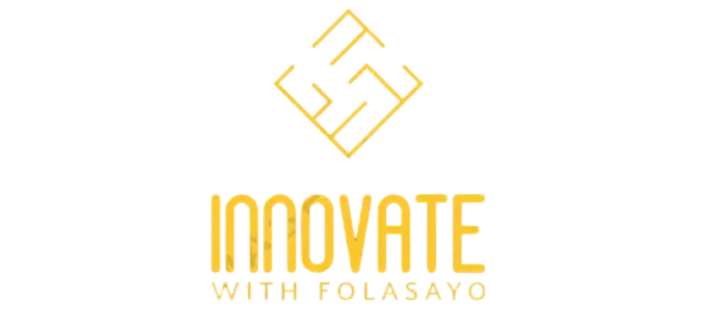
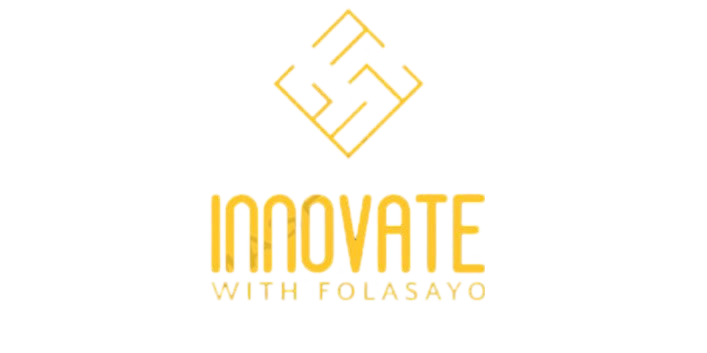
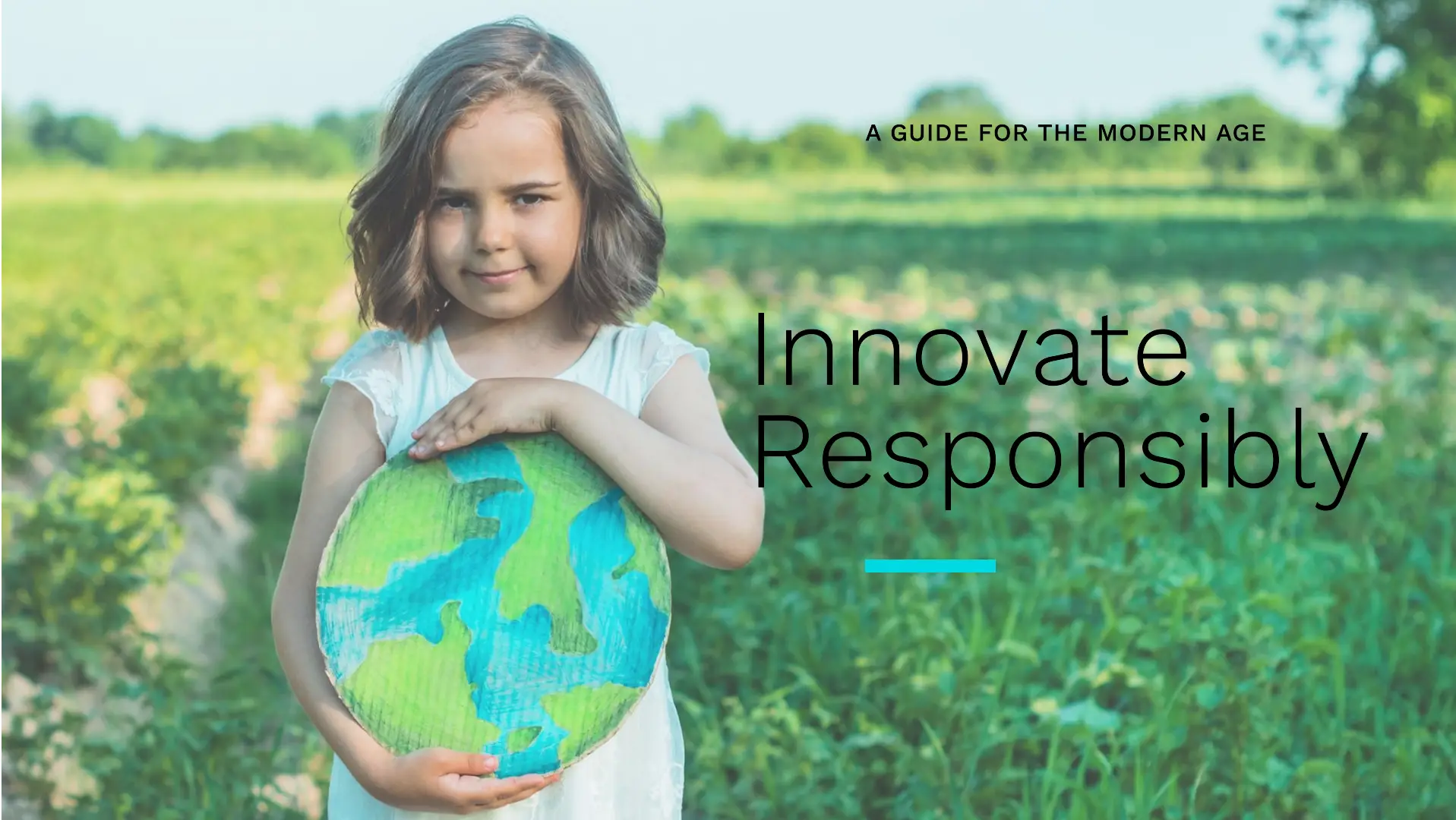

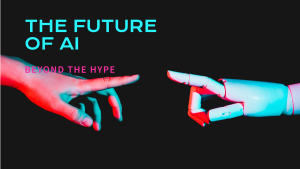
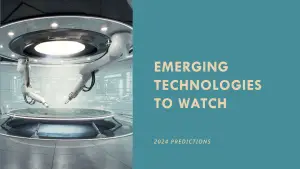
Interesting.. you’re doing great!
Thank you so much. 😊